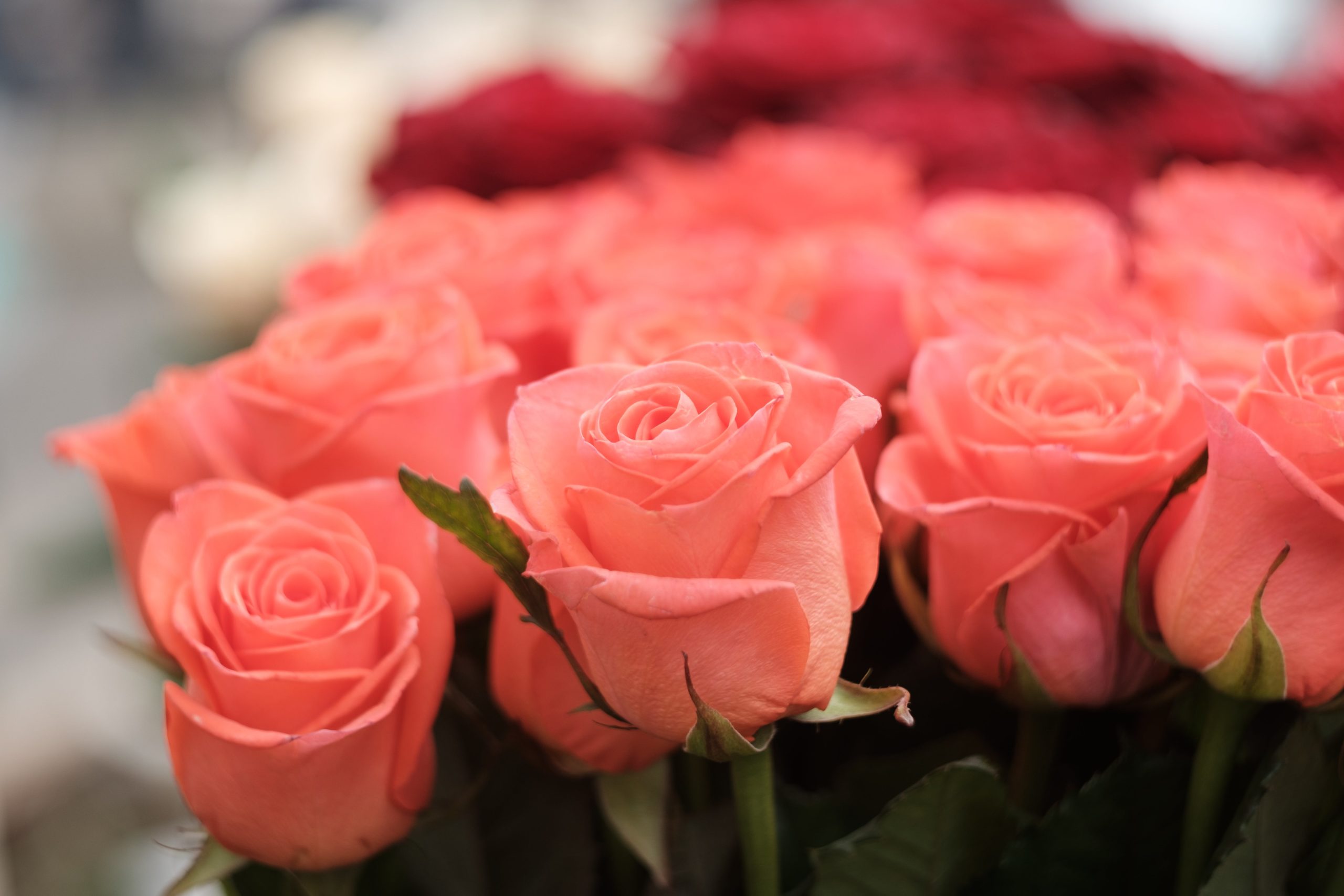
By Professor Sarah Montano
Professor of Retail Marketing, Birmingham Business School, University of Birmingham
With apologies to Elizabeth Barrett Browning, Valentine’s Day is the day where it is traditional to express your love for your partner via the medium of retail! Are you expecting flowers, a card or a cute bear? However you celebrate with your loved one, there is now an expectation that as consumers we celebrate love by the exchange of gifts. Why is Valentine’s Day important to the retail sector and what does it say about us as consumers that we engage in such a practice?
Whilst Valentine’s Day is not the most important celebration time in the retail calendar (that is Christmas which is known as the Golden Quarter), nonetheless Valentine’s Day provides a welcome boost to retailers after the quietness of January. Statista’s analysis showed that in 2022 about £990 million was spent on Valentine’s Day in the UK. However, since then Barclay’s found that in 2023 one quarter of customers were planning on spending less and in 2024, given the ongoing impact of the cost of living crisis it is possible that once again spending will contract. However, we will still be celebrating, with chocolates, flowers and of course a card being ever-popular gifts. The UK flower and indoor plant market is worth an estimated £2.2 billion with the average customer spending about £28 per year on flowers. Valentine’s Day is one of the peak days for flower buying, with sales of flowers 481% up in comparison to standard shopping days. Rather than visit a florist in person many customers now buy their flowers online, although not white roses! The sale of white roses has declined but pink roses are on trend with a 7% increase in sales.
Many people will be expecting a least a card. There is no exact date for when cards became a popular expression of love, but broadly handmade cards started to be exchanged in the 18th century, with manufactured cards taking off in popularity in the 19th century as rapid industrialisation made mass market production possible.
For most customers small gifts are exchanged with the average spend being about £65, however, for those perhaps seeking to make their partnership more permanent there is the option of some nice sparkles. In fact, Tiffany & Co. state that in 1886 they created their engagement ring with the tag line that this is “the ultimate expression of love.” Although that is a rather expensive expression of love!
Dining In not Out, has been a key trend that has become increasingly popular and is facilitated by the main supermarkets. Rather than pay for a meal out customers are able to create restaurant style romantic meals via the ever-popular meal deal. The major supermarkets have a plethora of options from M&S, to Morrisons and Waitrose. Most deals offer a combination of starter, main, side, desserts, and a beverage all for around £20.
This year Valentine’s Day is not just for those celebrating romantic love, we have the rising trend of Galentine’s Day, so go out to lunch and celebrate with your best friends!
It can perhaps be argued that Valentine’s Day has now become the commercial vehicle in which consumers feel like they have to buy gifts, as it is “expected” by society and people may feel that if they don’t get a gift they are not loved. We could further argue that love as an emotion has become commodified by the retail sector and is just another occasion to stimulate spending in what is now a difficult sector to be in. Also, it is worth remembering that Valentine’s Day can be a difficult and not a happy time for those who are bereaved or alone and even those in relationships may feel pressured to make idealised gestures and feel the pressure to make the perfect romantic experience. Perhaps this year, however you spend Valentine’s Day, remember it is just one day in the retail calendar and with further apologies to Elizabeth Barrett Browning, “I shall still love thee better after Valentine’s Day is over.”
- Find out more about Professor Sarah Montano
- Back to Social Sciences Birmingham
The views and opinions expressed in this article are those of the author and do not necessarily reflect the official policy or position of the University of Birmingham.
